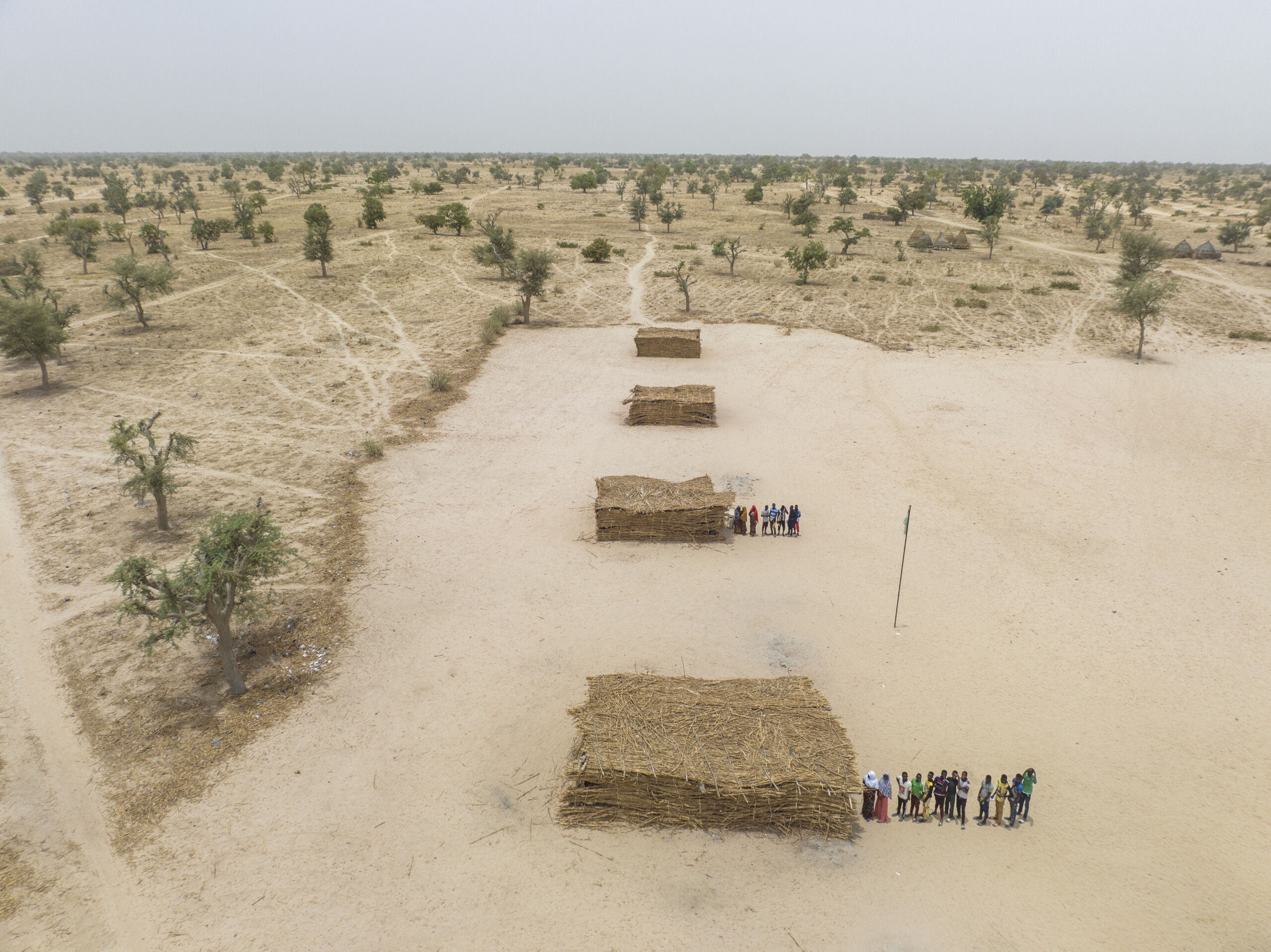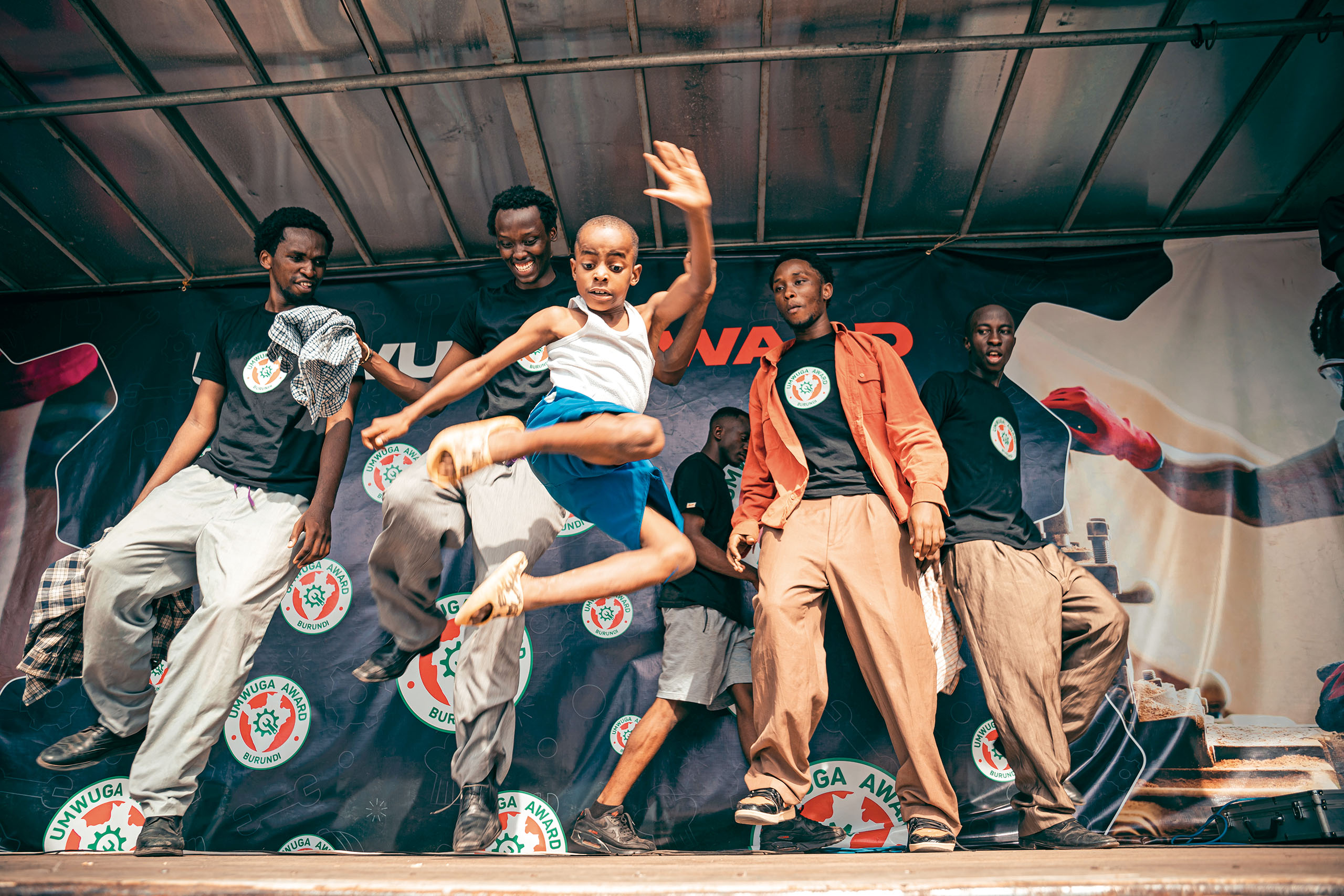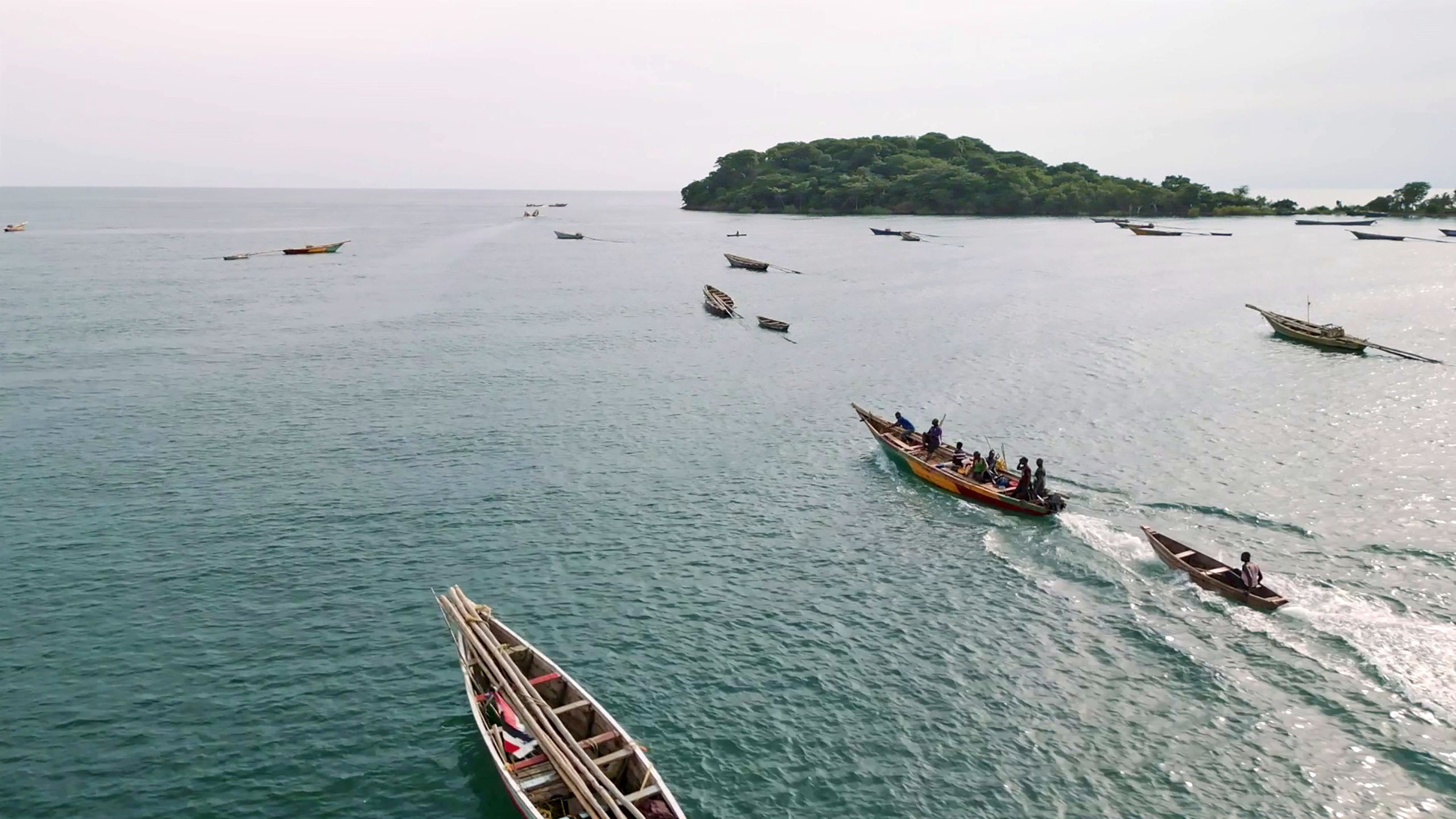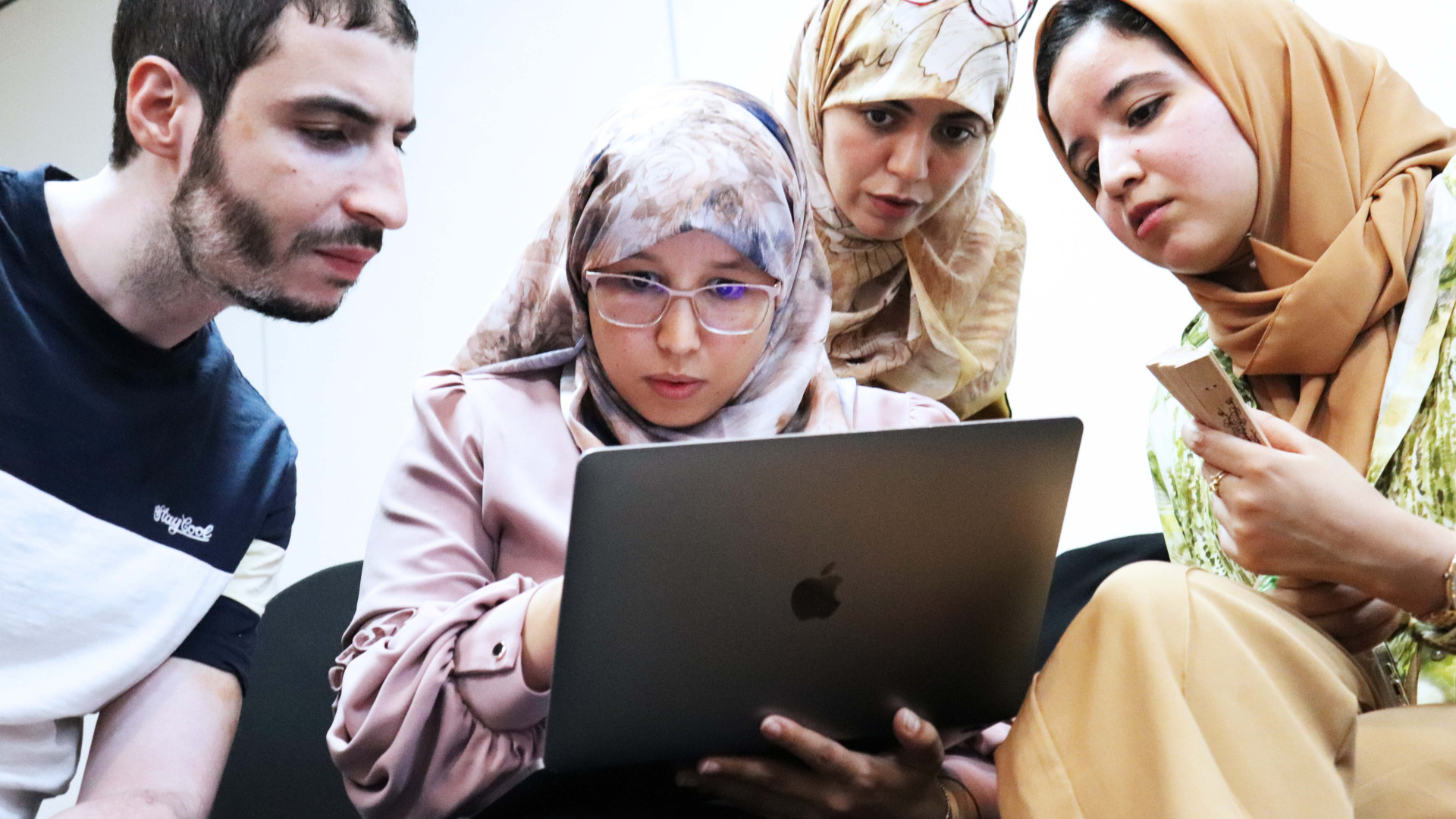Enabel promotes women entrepreneurship in Africa and the Middle East
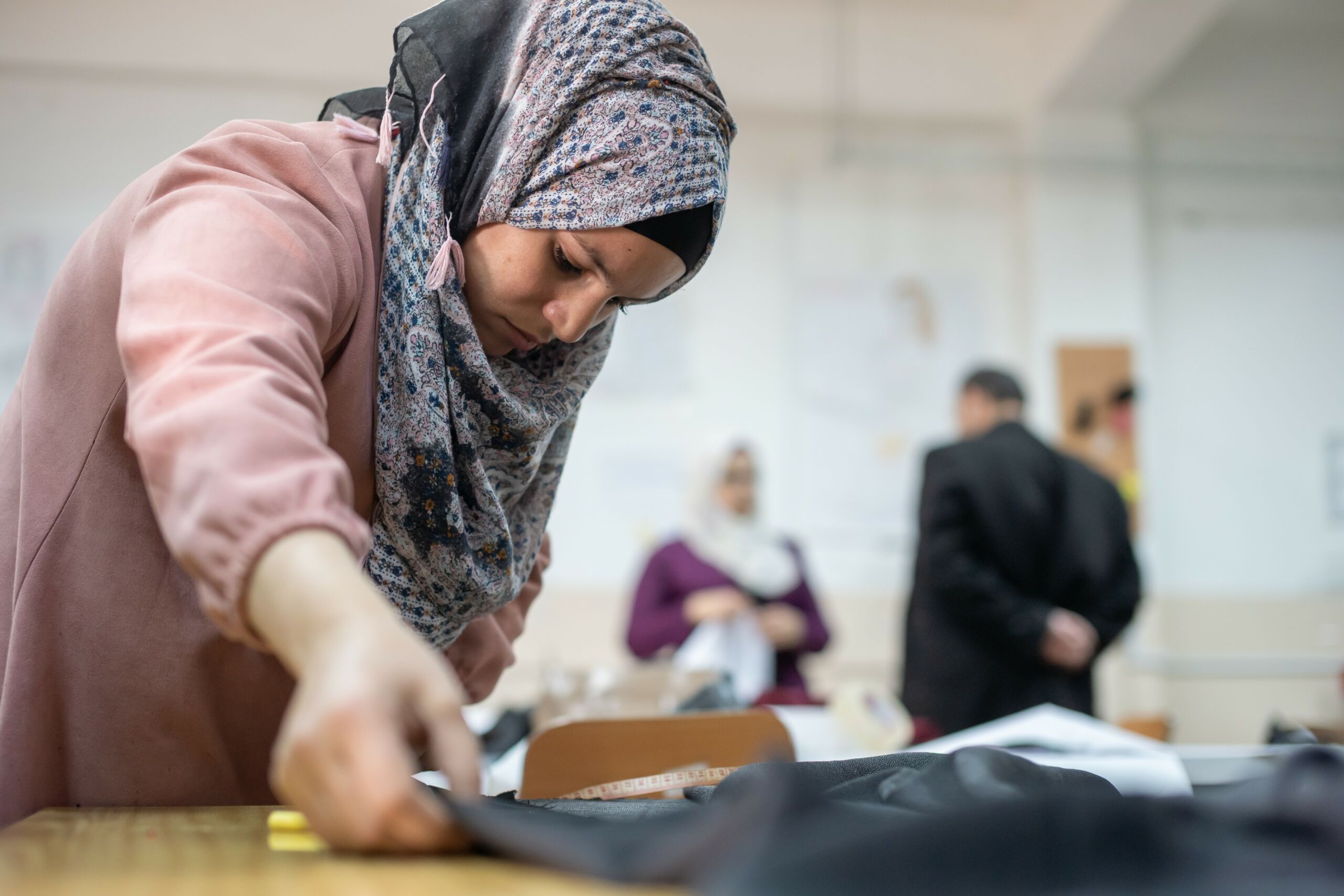
For the Belgian Development Cooperation promoting women entrepreneurship is an important lever to achieve the Sustainable Development Goals (SDGs). At the initiative of Belgium’s Minister of Development Cooperation and Major Cities, the Belgian development agency Enabel has launched the Awa Prize. With this award, Belgium aims to reward promising initiatives by women entrepreneurs in Africa and the Middle East and promote women’s leadership.
Out of 2400 entries from 16 countries [1] the Belgian Development Cooperation selected twelve laureates, in four categories: start-up, scale-up, innovation and a People’s Choice Prize. The four winners are from Morocco, Mali, Rwanda and Burundi. They will receive their prize at the official ceremony on Thursday 26 January in the presence of Her Majesty Queen Mathilde and Minister of Development Cooperation and Major Cities Caroline Gennez.
Role models
Aminata Simpara from Mali is awarded the Awa Prize in the Start-up category. She is the founder and director of N’terini, a company based in the capital, Bamako. In 2021, the company started manufacturing washable and reusable sanitary pads. Aminata has a degree in journalism and communication.
With her business, she offers a ready-made solution to address the taboo of menstrual insecurity. In Mali, many young girls cannot afford sanitary pads and often do not go to school during their period. In less than two years, Aminata’s business has reached 5000 clients and created six direct jobs.


Credia Umuhire Ruzigana from Rwanda is awarded the Awa Prize in the Scale-up category. Credia (25) is the founder and director of Imanzi Creations, a company created in 2019 that produces novels, comic books and board games – bringing forgotten tales and heroes of Rwanda’s rich past to life.
Rwanda has few libraries and publishers, making access to reading difficult. Credia actively promotes literacy in a country where reading is not a widespread pastime.
Rim Machhour (26) is the co-founder and director of Dealkhir.ma, a Moroccan-based company. She is awarded the Awa Prize in the Innovation category. In 2021, after obtaining her Master’s degree in social innovation, she co-founded Dealkhir.ma, a solidarity e-commerce business.
Online shoppers are encouraged through the Dealkhir platform to make a donation to a social community project. Dealkhir can offer such deals thanks to strong partnerships with companies. In two years of time, Rim Machhour has succeeded in forging 60 deals, benefiting 8 social projects.


Finally, Kathia Iradukunda from Burundi, the founder and director of the Hyacinth Art House, is awarded the People’s Choice Prize. Kathia (26) is passionate about environmental protection. She launched her business in 2021 fighting the invasive water hyacinth in Lake Tanganyika.
The Hyacinth Art House collects water hyacinths in the Lake and uses them for art products (baskets, carpets, table pieces…). It thus contributes to clearing Lake Tanganyika, promoting Burundian crafts and empowering women. In less than two years, the Hyacinth Art House has already removed more than 5 tonnes of water hyacinth and trained 100 women in weaving techniques.
Emancipation over inequality
Globally, one in three companies is owned by a woman. In sub-Sahara Africa, most self-employed people are women. In societies where paid employment prospects are limited or non-existent, entrepreneurship is often the main livelihood for men and women. For women, it is a lever for financial empowerment whose positive effects are also felt in the family. After all, when a woman becomes an entrepreneur, she generates additional income for her household and strengthens her position within the family. Almost 90% of the income women generate through their businesses is reinvested for the benefit of the family or the local community and thus by extension for the whole of society.
But women, more often than men, face obstacles on their way to entrepreneurship. These are not always easy to overcome. Sometimes it is about legal inequality: in some countries, women are not allowed to manage a bank account or start a business without their husband’s consent. In sub-Sahara Africa, North Africa and the Middle East, less than 40% of women have bank accounts. In some places, entrepreneurship is seen as an unacceptable activity for a woman. Social norms can lead to a lack of self-confidence and can discourage women from starting a business.
By promoting promising women entrepreneurs as role models, the Awa Prize aims to demystify women’s entrepreneurship. The award aims to show to both men and women that entrepreneurship can be synonymous with social success, personal development and positive effects on communities, while maintaining the balance in the household.
This first Awa Prize contest ran from October to December 2022. More than 2,400 entries from 16 countries were assessed on a variety of criteria (including quality, relevance, motivation, inclusion, feasibility, climate-friendliness…). Among these, 80 women entrepreneurs were selected, and of those, 12 finalists were eventually chosen following interviews with a jury in which the Belgian Development Cooperation, the Belgian Investment Company for Developing Countries (BIO) and Belgian entrepreneurs were represented. The People’s Choice Prize was awarded via online voting.
The laureates of the Awa Prize receive professional coaching, including networking opportunities and personal competence development, during a one-week stay in Belgium. To further grow their business, they are also professionally coached for one year in their country.
[1] Benin, Burkina Faso, Burundi, DR Congo, Guinea, Jordan, Mali, Mauritania, Morocco, Mozambique, Niger, Palestine, Rwanda, Senegal, Tanzania and Uganda
